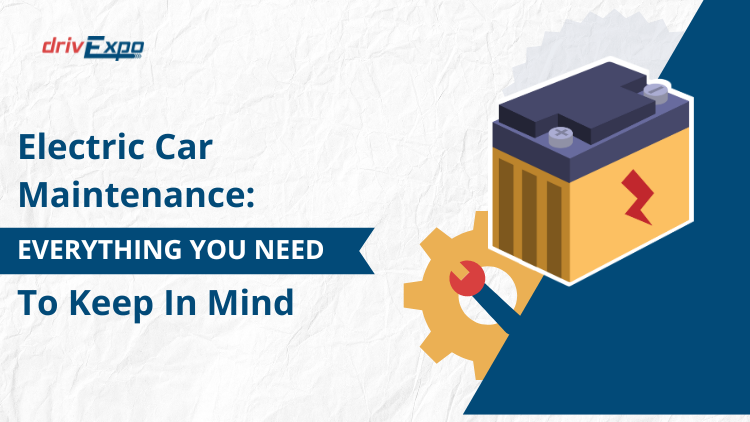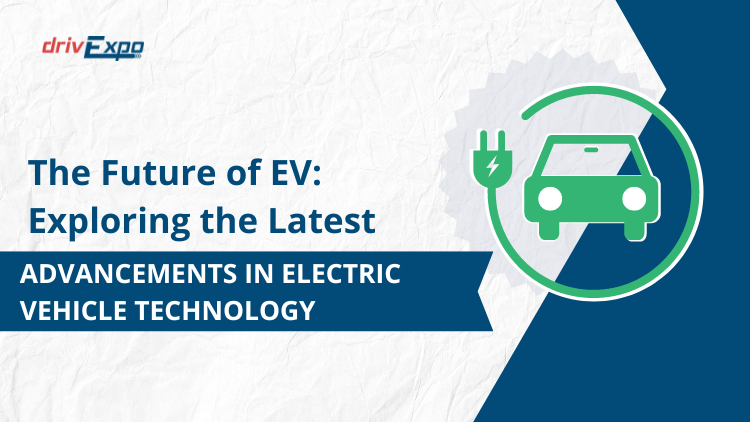Buying a used car can be a smart financial decision for many people. However, like any major purchase, it comes with its own set of advantages and disadvantages. This blog will explore the pros and cons of buying a used car, helping you make an informed decision.
Financing Your Used Car
If you’re considering financing your used car purchase, shop around for the best rates. Credit unions often offer competitive rates compared to traditional banks. Additionally, ensure you understand all terms and conditions associated with your loan.
Advantages of Buying a Used Car
- Cost Savings: One of the most significant benefits is the lower price compared to new cars. You can often buy a higher-end model for less money.
- Depreciation: New cars lose value quickly, often around 20% in the first year alone. Buying used means you avoid this steep depreciation.
- Lower Insurance Costs: Insurance premiums for used cars are generally lower, helping you save more money in the long run.
- More Options: The used car market offers a wider variety of makes and models, allowing you to find exactly what you want.
- Vehicle History Reports: Many sellers provide detailed reports on the car’s history, giving you insight into past accidents and repairs.
- Certified Pre-Owned Options: Certified pre-owned vehicles come with warranties and have been inspected for quality, offering peace of mind.
Disadvantages of Buying a Used Car
- Unknown History: Unless you buy from a reputable dealer or get a vehicle history report, there may be hidden issues with the car.
- Higher Maintenance Costs: Older cars may require more repairs and maintenance, which can add up over time.
- Limited Warranty: Many used cars come with little to no warranty coverage, leaving you responsible for repair costs after purchase.
- Older Technology: Used cars may lack the latest technology and safety features found in new models.
- Potential for “Lemon”: There’s always a risk of buying a car that has significant problems that are not immediately apparent.
The Importance of Research
Before purchasing a used car, it’s crucial to do thorough research. Consider factors such as the car’s history, mileage, condition, and market value. It’s also wise to get an independent mechanic to inspect the vehicle before finalizing your purchase. This can help identify any potential issues that could lead to costly repairs down the road.
Conclusion
Buying a used car can be an excellent choice for budget-conscious buyers looking for value. While there are some risks involved, careful research and consideration can help mitigate these concerns. Ultimately, whether buying new or used depends on your personal preferences and financial situation.
Frequently Asked Questions (FAQ)
1. What should I look for when buying a used car?
You should check the vehicle’s history report, have it inspected by a mechanic, and review its maintenance records.
2. Are certified pre-owned cars worth it?
CPO cars are generally worth it as they come with warranties and have been thoroughly inspected for quality.
3. How can I finance a used car?
You can finance through banks, credit unions, or dealership financing options. It’s best to compare rates before deciding.
4. What are common issues with used cars?
Common issues include engine problems, transmission issues, electrical failures, and wear on tires and brakes.
5. Should I buy from a dealer or private seller?
Bought from dealers typically offer more security with warranties and return policies compared to private sales.

